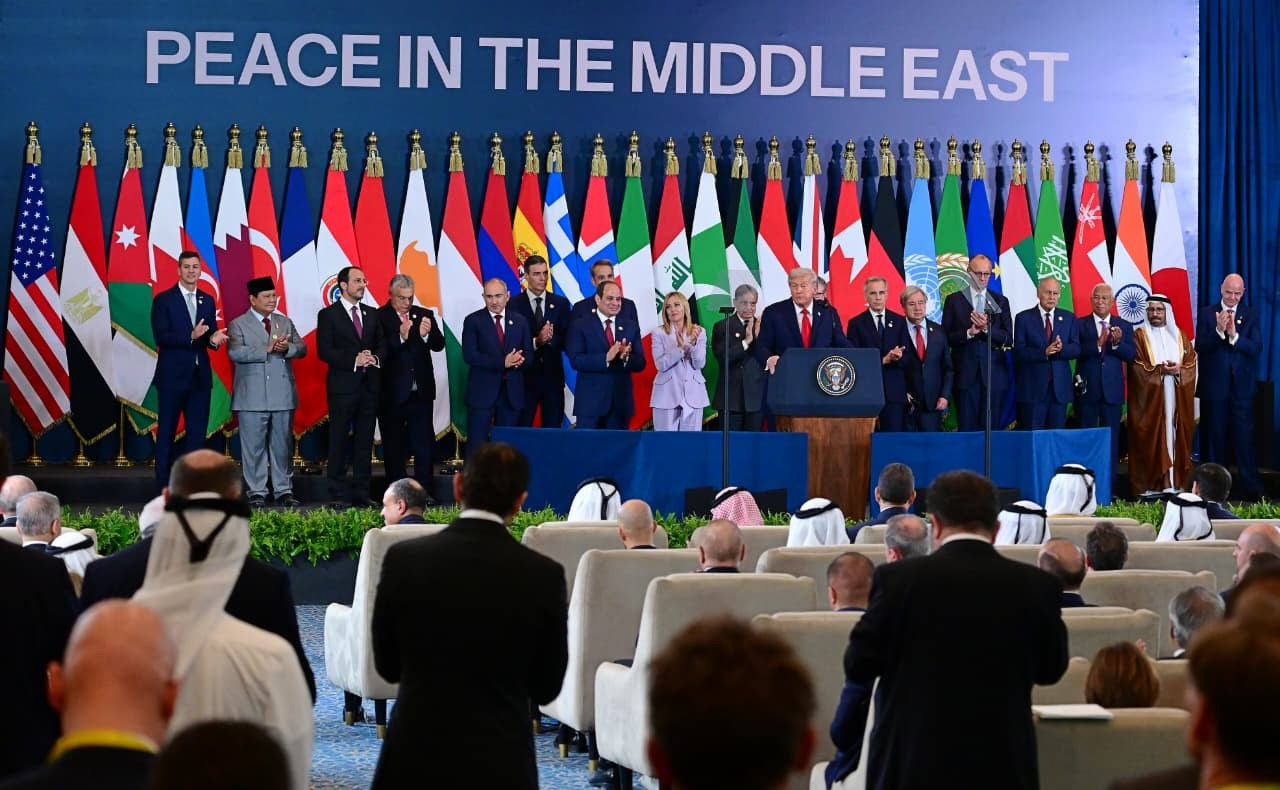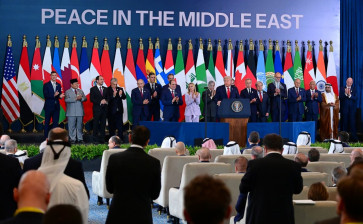Popular Reads
Top Results
Can't find what you're looking for?
View all search resultsPopular Reads
Top Results
Can't find what you're looking for?
View all search resultsPrabowo's high-speed diplomacy and Indonesia’s global ambition
For Prabowo, victory is measured not by contracts, but by Indonesia's position at the global negotiating table.
Change text size
Gift Premium Articles
to Anyone
I
n global geopolitics, a leader’s narrative is often crystallized in a symbolic moment. For Joko "Jokowi" Widodo, it was his "Winter Is Coming" warning of a global economic storm, encapsulating a philosophy of risk mitigation. For Prabowo Subianto, the moment was different: an unexpected call for peace, "shalom", amid the Gaza conflict, signaling an approach that accepts risk to gain influence.
To understand this paradigm shift, we must examine the foundation laid during Jokowi's decade-long presidency, an era of defensive pragmatism. His assumption was simple: domestic stability and prosperity were the absolute priorities, and diplomacy was the instrument to achieve them.
Jokowi’s foreign policy was measured by concrete metrics: investment value, kilometers of toll roads and jobs created. His diplomatic energy was poured into bilateral relationships yielding tangible returns, reflected in repeated visits to China and intensive lobbying in Abu Dhabi.
The calculus was that China's rapid investment was the most efficient path to development, a wager where the risk of dependency was deemed lower than that of infrastructural stagnation. Yet, this strategy was not without peril. It created vulnerability to Beijing's economic slowdowns and cemented a global perception of Indonesia's "tilt" toward China, potentially eroding trust with the Western bloc.
This same pragmatism was evident on the multilateral stage. When leading the G20 in 2022, Jokowi shrewdly shifted focus from the divisive Russia-Ukraine war to the unifying issue of food security. In ASEAN, the Myanmar crisis was managed by retreating behind the normative shield of non-intervention. The calculation was to avoid fracture by taking the safest middle path, though it risked making Indonesian leadership appear passive and missing opportunities to shape the regional agenda.
Unfortunately, this carefully constructed image was tarnished at the end of his term. Political maneuvers to perpetuate his influence by backing his son in the 2024 election overrode calculations of his global image. This act fractured his reputation as an Asian democratic icon, creating a moral credibility deficit for his successor and leaving behind an ambiguous legacy.
Upon this ambiguous inheritance, Prabowo Subianto has introduced a new diplomatic rhythm of high-risk engagement. If Jokowi's diplomacy was a steady marathon, Prabowo's is a series of high-speed sprints across world capitals. For Prabowo, victory is measured not by contracts, but by Indonesia's position at the global negotiating table.



















